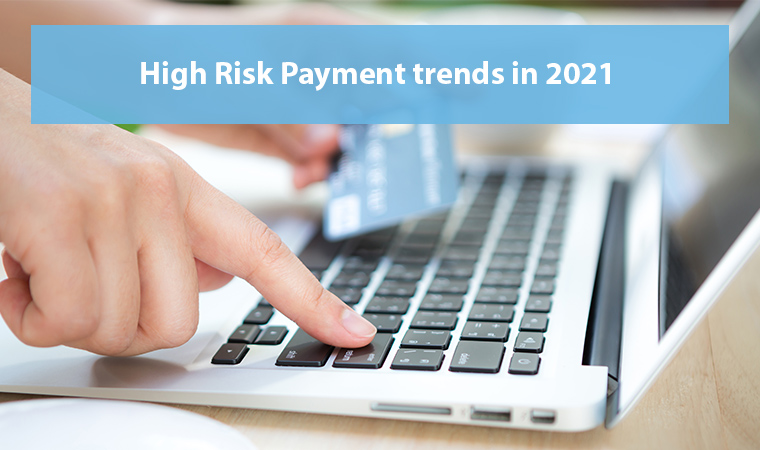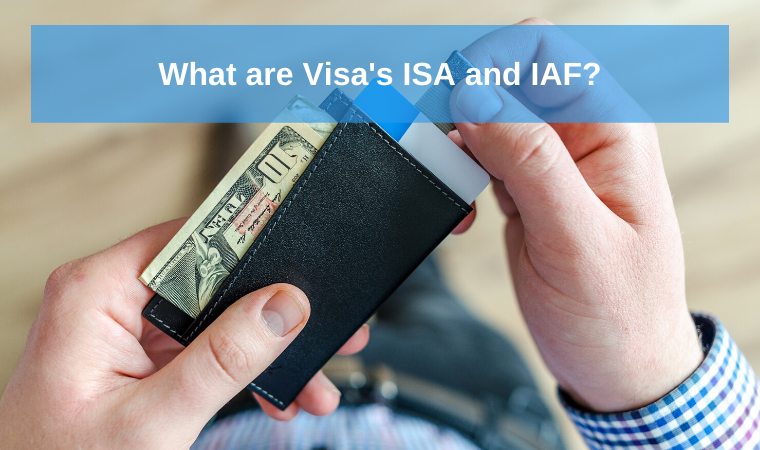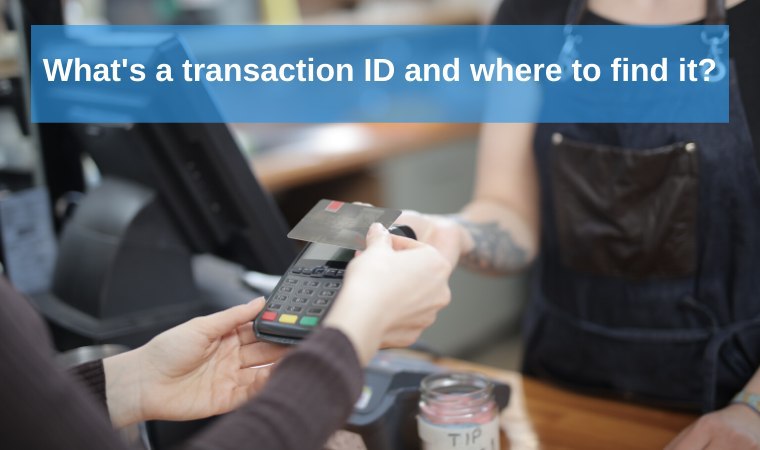High-risk businesses
High-risk businesses are different from low-risk and middle risk for the following reasons:
- The high rate of chargebacks. Chargeback appears when a dissatisfied client contacts his bank to get the money from a purchase back. No matter was a chargeback valid or not; it affects a business’s chargeback ratio. When the amount of chargebacks is more than 100, the merchant is banned with a $25 000 fixed fine. That is mandatory. From a merchant to a PSP to an acquiring bank, chargebacks affects all the parties involved. That’s why banks and PSPs often reject high-risk applications.
- The type of industry. Some industries are riskier than others as they are more prone to fraud and chargebacks — for example, porn, gambling, file-sharing, travel.
Examples of high-risk industries
Check out some of the most common high-risk businesses:
- Gambling;
- Gaming;
- NUTRA (nutraceuticals);
- CBD;
- Booking and travel agencies;
- Escort;
- Adult;
- Telemarketing;
- Bitcoin/Forex trading;
- Computer software/hardware;
- E-cigarettes;
- Collection agencies.
What being high-risk means for you as a business owner
Forewarned is forearmed. Running a high-risk merchant account imposes the duty to pay higher fees. The possible risks are to blame. If you are a high-risk business owner, get ready to:
- Pay higher fees;
- Pay additional charges;
- Rolling reserve up to 6 months;
- Chargeback threshold that can’t be surpassed;
- Slower payouts.
What documents do I need to open a high-risk merchant account?
Check out the list of documents to open a high-risk merchant account:
- Certificate of Incorporation;
- Certificate of incumbency;
- Local documents as per company jurisdiction which displays company directors and owners;
- Utility bill/Bank statement/Rental agreement under corporate names proving company location;
- Valid ID copies for all company directors and owners.
This is a list of key documents any merchant needs to collect. However, your business might require additional documentation. For example, merchants who sell NUTRA ought to provide the label of contents, while travel merchants are obligated to gen an indemnity. Contact the PSP of your choice to learn the details.


